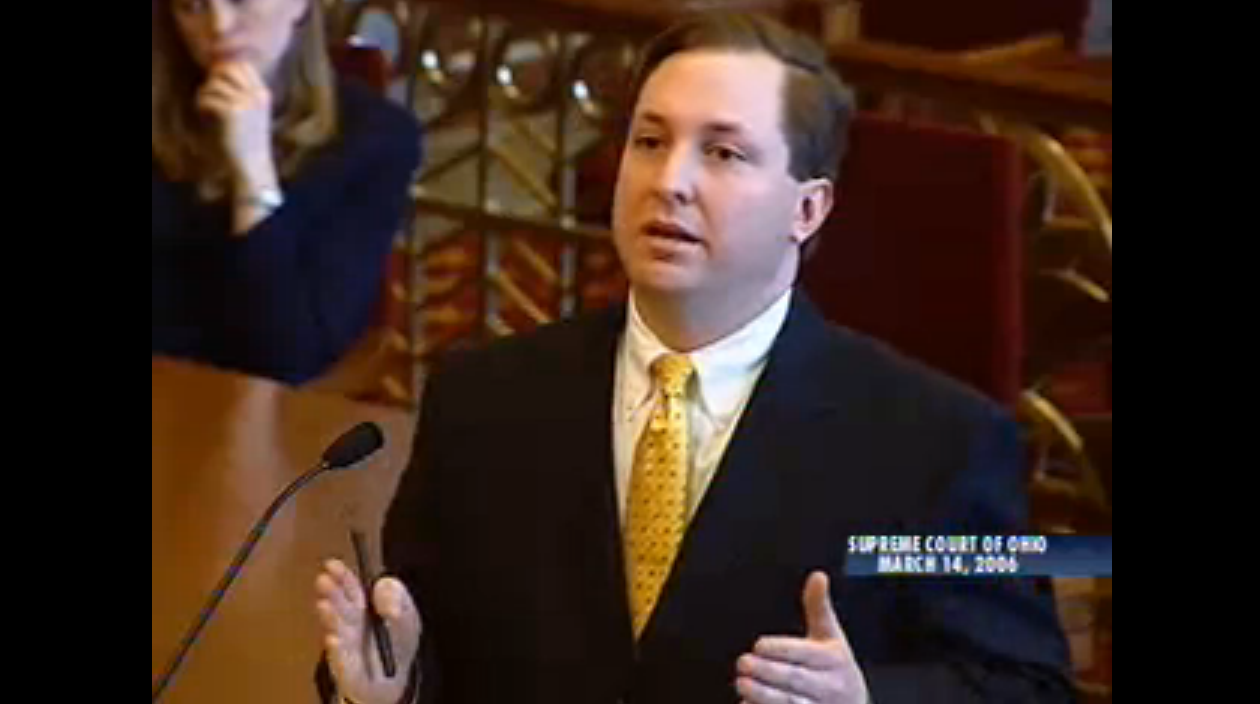
The Federal Sixth Circuit Court of Appeals in Cincinnati has ruled that a former dispatcher could maintain her employment discrimination case. Engel & Martin, LLC had been retained to represent the plaintiff in the federal appeal.
The plaintiff is an African-American woman who worked as a dispatcher for a regional waste disposal and recycling center. She filed a complaint with the EEOC over what she claimed was discriminatory discipline imposed upon her by a new manager. The same day that the employer received notice of the EEOC complaint, the plaintiff was fired. The reason? Because she had come into work too early in order to avoid bad weather.
Retaliation claims have three steps. First, the plaintiff must establish a prima facie case of retaliation. “The plaintiff must demonstrate by a preponderance of the evidence that: 1) he engaged in activity that Title VII protects; 2) defendant knew that he engaged in this protected activity; 3) the defendant subsequently took an employment action adverse to the plaintiff; and 4) a causal connection between the protected activity and the adverse employment action exists.” Abbott v. Crown Motor Co., 348 F.3d 537, 542 (6th Cir. 2003). The burden then shifts to the defendant, who must articulate a legitimate nonretaliatory reason for the adverse employment action. If the defendant makes such a showing, the burden shifts back to the plaintiff, who must demonstrate that the defendant’s reasons for the adverse action were mere pretext.
In this case, the plaintiff’s EEOC charge was protected activity. The appeals court found that there was a plausible connection between the filing of EEOC charge and the plaintiff’s termination a few weeks later and that the excuse of terminating the employee for coming into work early was pretextual. The case was remanded for a trial.
A copy of the decision is available here: Hooks — Decision.
